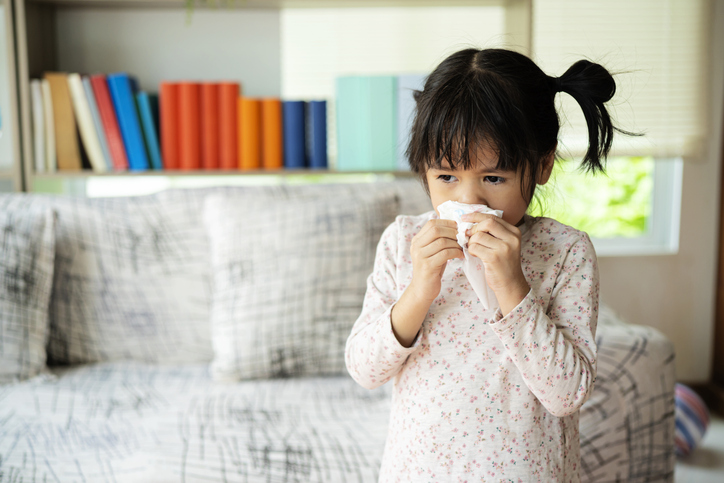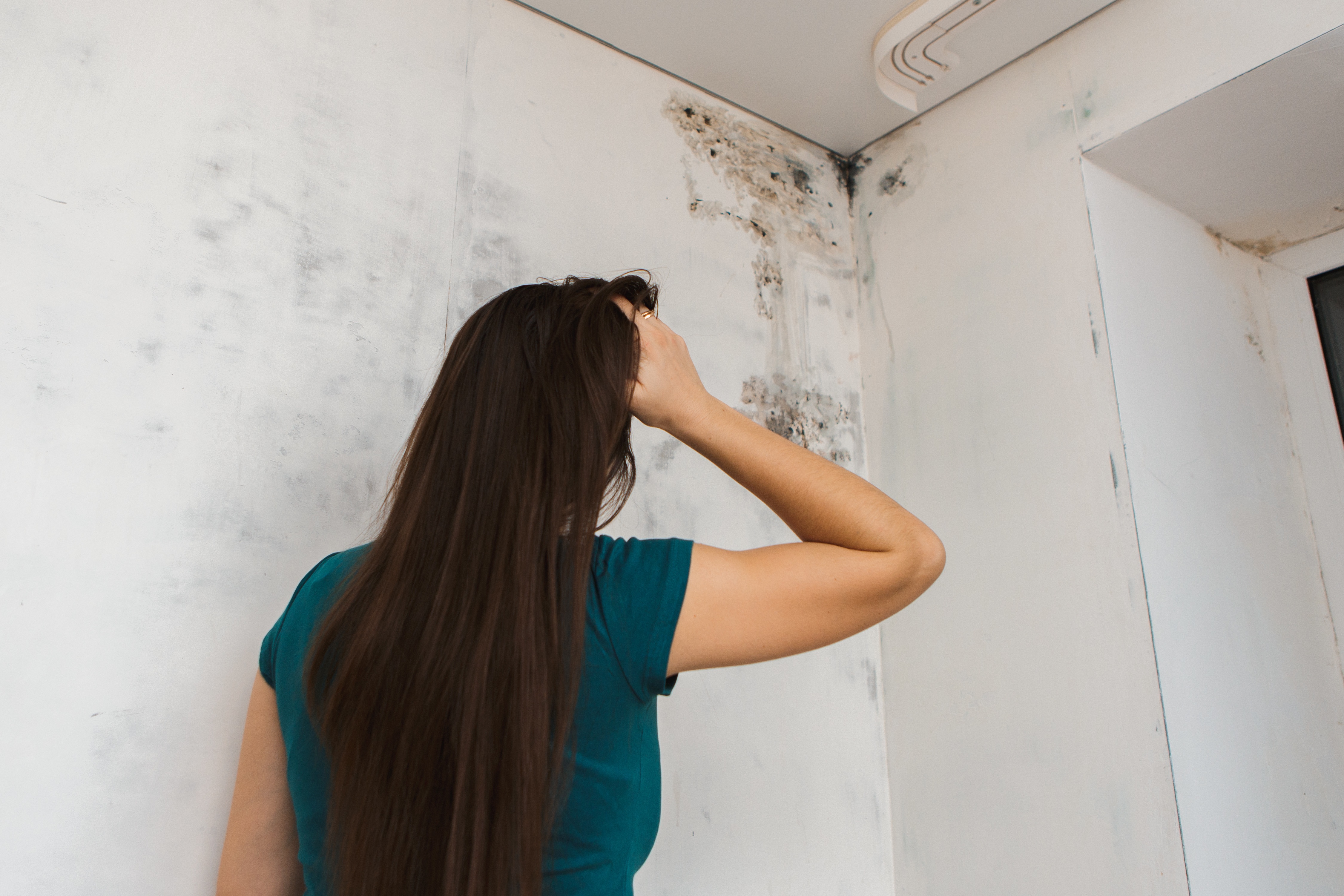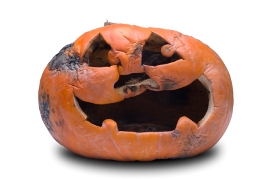Mold, a type of fungi found both indoors and outdoors, can have detrimental effects on human health, especially in children. Due to their developing immune systems and unique vulnerabilities, children are more susceptible to the harmful effects of mold exposure.
Health Risks of Mold:
Exposure to mold can lead to various health risks for children. The inhalation or ingestion of mold spores can trigger respiratory problems, exacerbate allergies, and even cause infections. Children with preexisting respiratory conditions such as asthma are particularly vulnerable to mold-related health issues. Prolonged exposure to mold may result in chronic respiratory symptoms, persistent coughing, wheezing, and difficulty breathing.
Mold Symptoms in Children:
.png?width=305&height=132&name=NIHAlogoBLUE_3_transparent%20(2).png)






